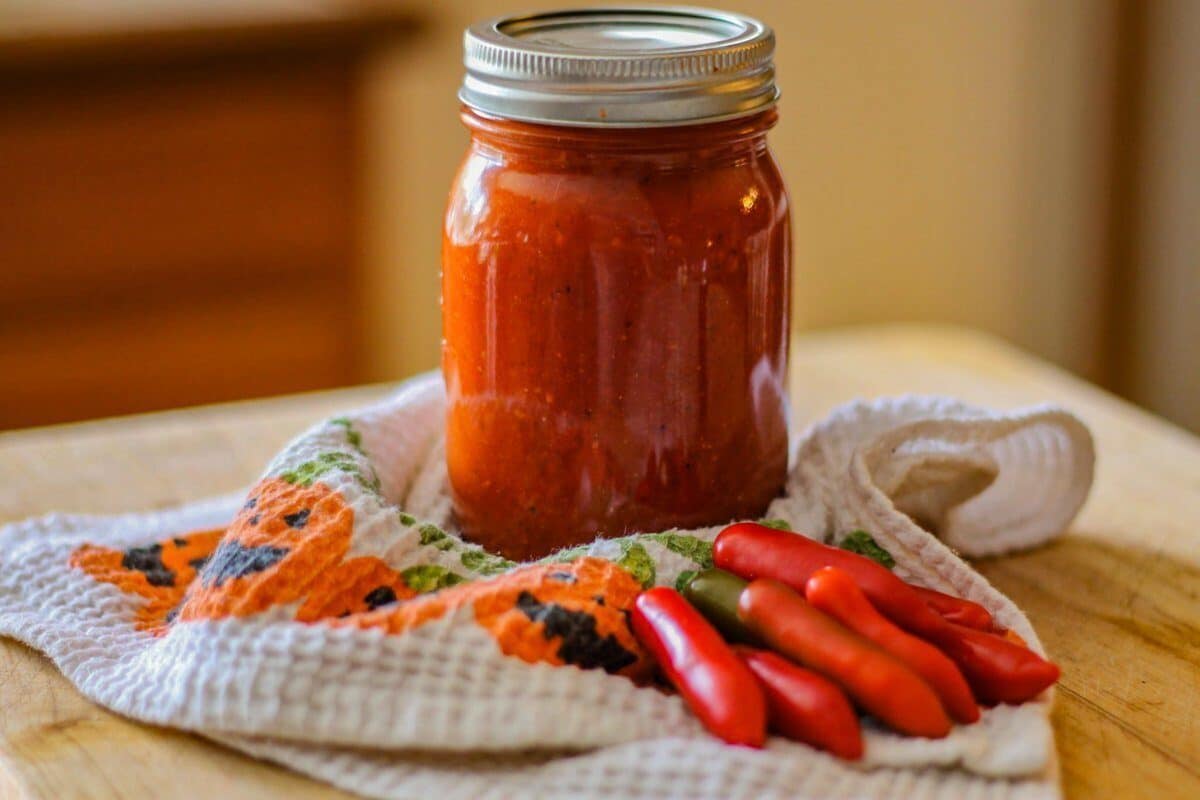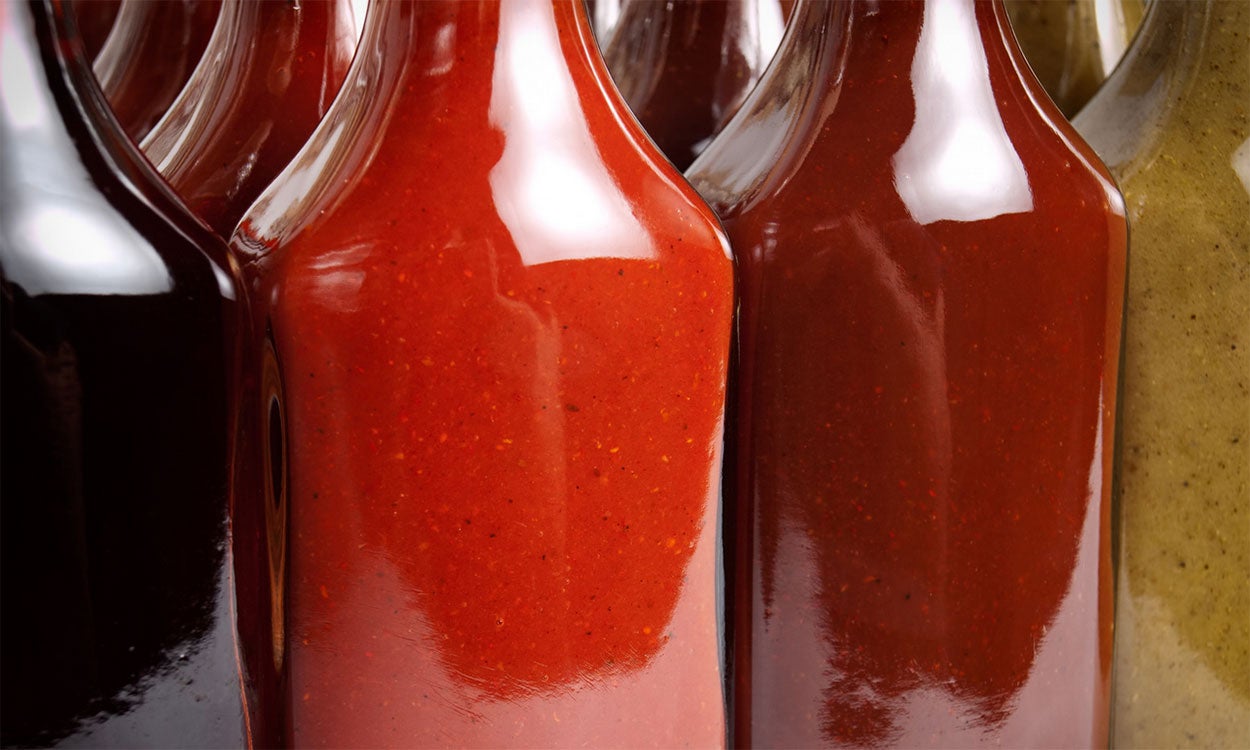How to Cool Down Hot Sauce for Your Barbecue Needs?
Written By James Morgan
When it comes to barbecue enthusiasts, **hot sauce** plays an instrumental role in boosting flavors and enhancing dishes. However, theres a challenge that often arises: **how to cool down hot sauce** without sacrificing flavor? If you've taken a daring leap into the world of spicy condiments, but find your homemade concoction too fiery for your palate, fear not. This article is going to break down simple, effective strategies that will take your fiery delight down a notch.
Whether you're barbecuing ribs on a Saturday night or sharing a *spicy* dip at a backyard gathering, knowing **how to cool down hot sauce** can mean the difference between an enjoyable experience and an overwhelming one. From integrating cooling components to managing your ingredient choices, let's dive deep into how you can conquer the heat!

Understanding Why Hot Sauce is Spicy
Before discussing strategies, its essential to understand what makes hot sauce spicy. **Capsaicin** is the active compound found in chili peppers that provides that characteristic heat. When consumed, **capsaicin** binds to pain receptors in the mouth, tricking your brain into thinking youre experiencing pain, resulting in a sensation of burning. This is where the fun and flavors of barbecue can lead to challenges. A fine balance between *flavor* and *heat* needs to be achieved.

Practical Methods to Cool Your Sauce Down
Once youve decided that your hot sauce is too spicy, its time to implement some techniques to dial down the heat without losing the essence of its flavor. Below are some practical methods:
1. Incorporate Dairy Products
Dairy products like yogurt, sour cream, or **buttermilk** are excellent at neutralizing spiciness. When you add these ingredients to your hot sauce, they coat your mouth, reducing the impact of **capsaicin**. Mixing in some **sour cream** can transform your hot sauce into a creamy condiment suitable for dips.
2. Add Sweetness
A touch of sweetness can help balance the heat in hot sauce. Incorporate ingredients such as **honey**, **sugar**, or even **maple syrup**. These sweet components can effectively mask the sharpness of spicy flavors. You could try using sweetening techniques to find the right balance for your sauce.
3. Dilute with Base Ingredients
If your hot sauce still has too much **bite**, consider diluting it. You can use various options: **vinegar**, **tomato sauce**, or even **vegetable stock**. By adding these, you increase the volume of your sauce without amplifying its heat. You may want to read more on the right amount of vinegar to use by visiting this article.
4. Blend in Fruits and Veggies
Fruits and vegetables can also be your allies in cooling down *hot sauce*. Adding **mango**, **pineapple**, or even roasted **bell peppers** brings natural sweetness and reduces the heat. Moreover, these ingredients provide a fresh addition to your sauce, enhancing the overall flavor profile.

Recipe for a Milder Barbecue Sauce
Heres a simple recipe that utilizes some of the cooling methods mentioned:
Ingredients:
- 1 cup of your favorite hot sauce
- 1/2 cup sour cream
- 2 tablespoons honey
- 1/4 cup roasted red peppers (blended)
- Salt to taste
Instructions:
- In a mixing bowl, combine hot sauce and sour cream.
- Add honey and roasted red peppers.
- Whisk all ingredients until well combined.
- Adjust the sweetness or salt according to your taste.
Now youve crafted a delicious and milder barbecue sauce perfect for grilled meats and vegetables!

Pairing Your Milder Sauce with Barbecue Dishes
Once you've cooled down your hot sauce, pairing it effectively with barbecue dishes can enhance your dining experience. Here are some suggestions:
- Use your milder sauce as a marinade for chicken wings.
- Serve it alongside grilled vegetables for a zesty dip.
- Mix it into coleslaw for a spicy twist.
If you want to go further into what types of hot sauces can complement various dishes, check out this guide.
Tips for Future Hot Sauce Making
Preventing overly hot sauces starts right from the beginning. Here are some guidelines for your future sauce-making endeavors:
- Choose milder pepper varieties, such as **Anaheim** or **Poblano**.
- Gradually add heat by starting with less spicy peppers.
- Taste as you go; its easier to add heat than to cool it down later!
- If you find a blend to be too spicy, consider balancing it with ingredients listed above.
Frequently Asked Questions (FAQ)
1. What is the best way to reduce heat in hot sauce?
The best way is to incorporate **dairy**, add **sweetness**, or **dilute** it with other base ingredients.
2. Can I freeze my hot sauce to preserve it?
Yes, you can freeze **hot sauce** in ice cube trays for long-term storage.
3. How can I tell if my hot sauce is too spicy?
A hot sauce is typically too spicy if it overwhelms your taste buds and disrupts the flavors of the food rather than enhancing them.
In conclusion, knowing **how to cool down hot sauce** opens up a world of flavor for barbecue enthusiasts. With some simple techniques, you can avoid overwhelming heat, allowing you and your guests to savor that delightful zing without compromising enjoyment.
As an Amazon Associate, I earn from qualifying purchases.



